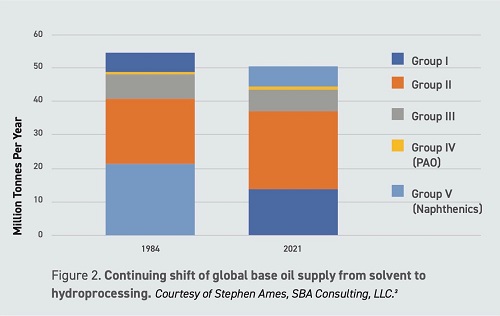Oil performance beyond what your engine needs to deliver the life and service you want is irrelevant. Nevertheless, I agree that once we know such higher performance exists we tend to want it anyhow. Human nature (or at least BITOG nature).
Tom, I was trying to find the post to which you which you clicked Like, talking about
yield stress in an oil pump - to which, if there is any, could create to taking in air and not oil. I couldn't find it, as I'm working myself, but the topic does sometimes come up about a Positive Displacement oil pump, to which I asked (at my visit to High Performance Lubricants) if there was, then, such thing as a Negative Displacement pump, and the only thing I could think of is if it is already sitting in oil, maybe it's only moving something already inside of it, as opposed to pumping it. If that makes sense, please forgive me if I'm missing something or if a Negative Displacement pump does not exist.
I would then also have a thought to if a Group 4 or Group 5 - or whatever blend of Group 3 and 4, as per Mobil 1 and really many oils, I am sure, all perhaps partially blended.. would have resilience or superiority in such a scenario, of if one performs better or not, or if it is only that either there is
yield stress at the oil pump, or there is not.
I would also agree, once you know there is something better, whatever you have isn't good enough. Unless you make peace with it and live your life. How you treat your oil pump matters, that was a lol statement, this last sentence..


